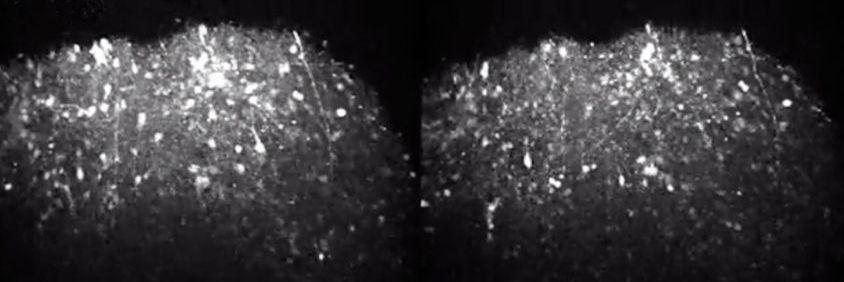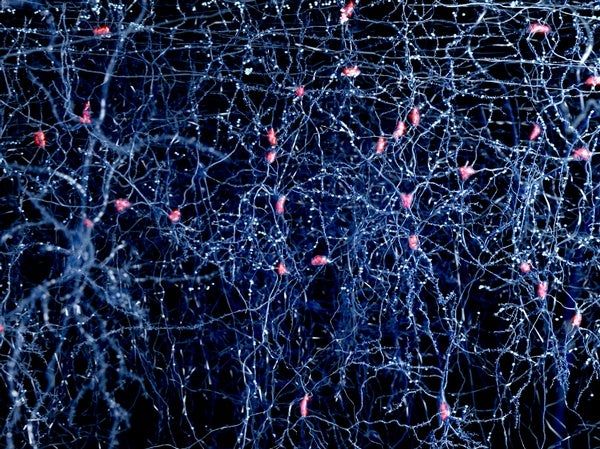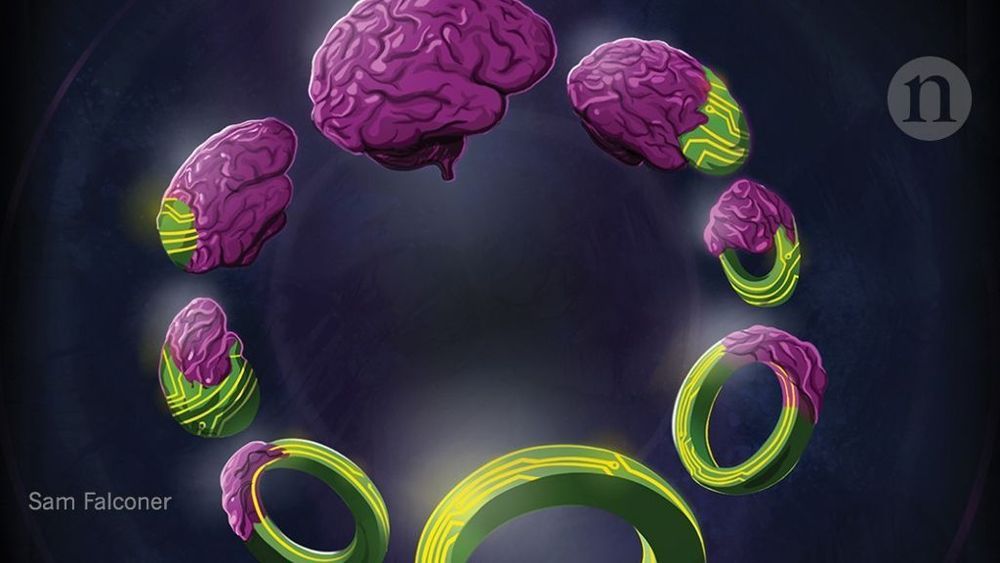
This year marks the Eighth Review Conference (RevCon) of the Biological Toxins and Weapons Convention (BWC). At the same time, ongoing international efforts to further and more deeply investigate the brain’s complex neuronal circuitry are creating unprecedented capabilities to both understand and control neurological processes of thought, emotion, and behavior. These advances have tremendous promise for human health, but the potential for their misuse has also been noted, with most discussions centering on research and development of agents that are addressed by existing BWC and Chemical Weapons Convention (CWC) proscriptions. In this article, we discuss the dual-use possibilities fostered by employing emergent biotechnologic techniques and tools—specifically, novel gene editors like clustered regular interspaced short palindromic repeats (CRISPR)—to produce neuroweapons. Based on our analyses, we posit the strong likelihood that development of genetically modified or created neurotropic substances will advance apace with other gene-based therapeutics, and we assert that this represents a novel—and realizable—path to creating potential neuroweapons. In light of this, we propose that it will be important to re-address current categorizations of weaponizable tools and substances, so as to better inform and generate tractable policy to enable improved surveillance and governance of novel neuroweapons.
Keywords: : CRISPR, Gene editing, Neuroweapon, Neurotherapeutic pathways, Dual-use neuroscience, Biosecurity policy.
T his year marks the Eighth Review Conference (RevCon) of the Biological Toxins and Weapons Convention (BWC), the purpose of which is to ensure that the convened parties’ directives continue to be relevant to and viable for prohibiting the development, production, and stockpiling of biological weapons in the face of newly emerging scientific advancements and biotechnologies. Apropos of issues raised at previous RevCons and elsewhere, there are growing concerns about current and future weaponization of neurobiological agents and tools (ie, “neuroweapons”1–6).
















